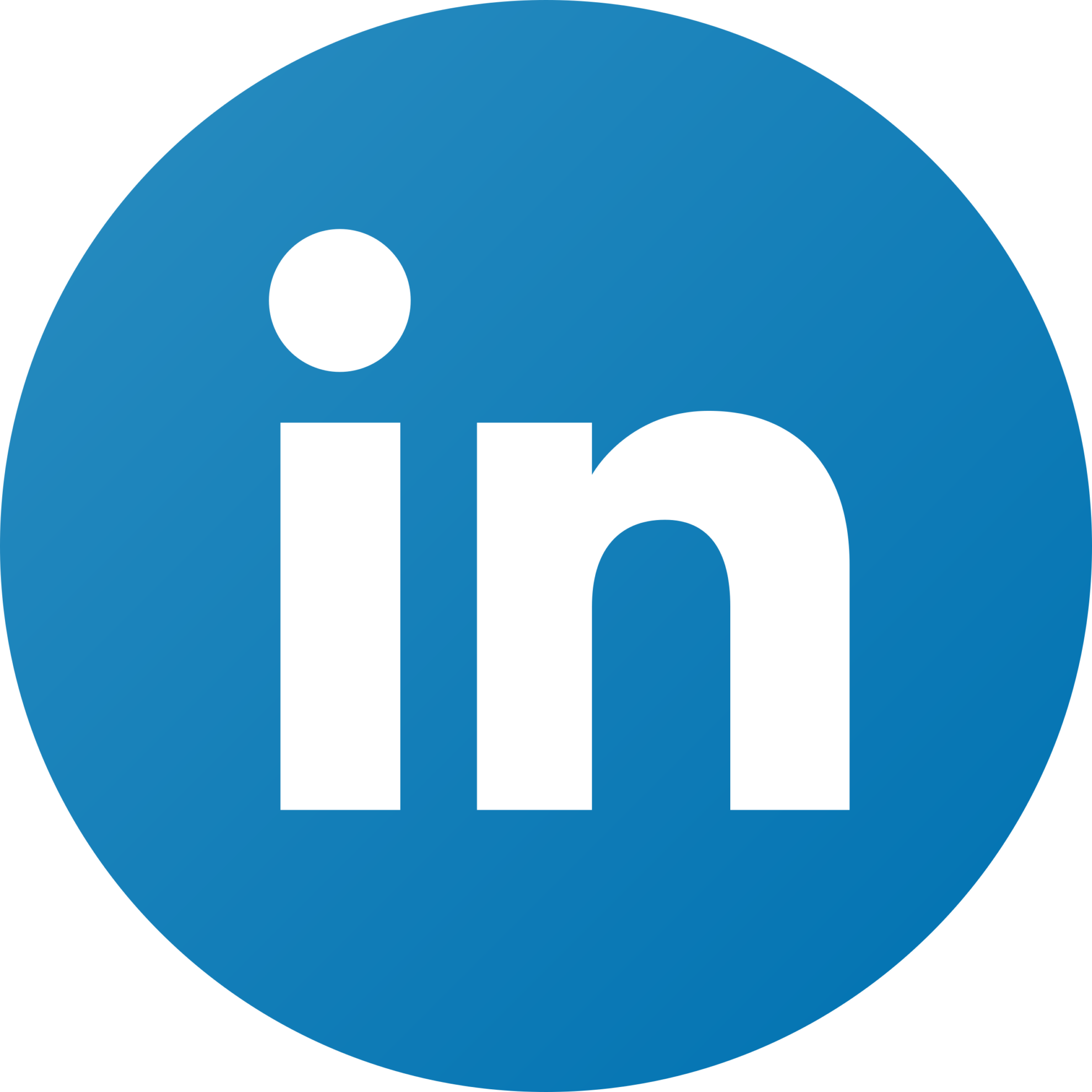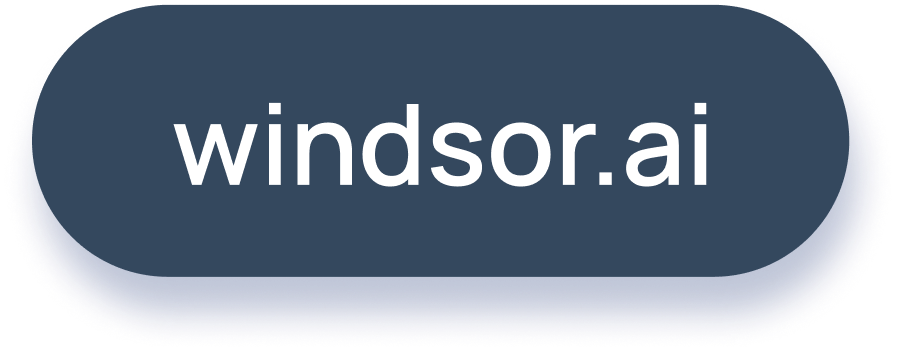Facebook SEO: Effective Tips for Optimizing Your Facebook Business Page

Facebook has made a name for itself as one of the largest social media platforms. So, it’s no surprise that many businesses see it as a great place to run their operations. The only trouble is that it’s also tough out there. You and millions of other brands end up competing for the same audience.
One of the best ways to get any sort of edge is through Facebook SEO. Not the first thing that comes to mind when you think about it, right? So, what is it, and how do you start? Keep reading to find out.
What does Facebook Page optimization include?
Optimizing a Facebook business page means doing everything you can to ensure your business is easy to find and engage with.
The main idea is to make it as straightforward as possible for both people and search engines to “fall in love” with your Facebook page. How can you manage that? A good place to start would be optimizing components like:
- Your page name and URL
- About section
- Contact details
- Content
- Call-to-actions (CTAs)
- Messenger setup
- Keywords
- Hashtags
- Visual content (pictures, videos, graphics — the whole nine yards)
- Reviews, etc.
Yes, we’ve mentioned practically everything. Still, this is really important as it translates to better Google search rankings for you, more engagement, and improved traffic. Is it difficult? Not really, but it does take time to learn and implement.
All in all, a lot of Facebook search engine optimization tactics aren’t that different from your regular SEO strategies. Plus, you can use some of the same content, images, and backlinks you share on your website.
You can even leverage the same guest posting providers, especially if they offer 50000+ premium websites for any occasion. That’s if you use such a service or plan to. Still, a few things should be tweaked specifically for the platform (more on this later).
But first, you might be wondering, is all this optimization worth it? Or can I skip it entirely? That’s what the next section is about.
Can you grow without optimizing your Facebook Business Page?
The truth is that you can grow your leads (and business in general) without necessarily doing any Facebook page optimization. But before you close this tab and forget about the whole thing, let’s see why it’s important you actually care about optimization.
Over 3 billion people use Facebook every month. That already opens up a huge market potential for you if you can find them and make it easy for them to find you. It’s really all about discoverability.
Overall, your FB optimization can bring the following benefits:
- More engagement. All that increased visibility is going to rub off on your engagement rates — in a good way. More people will get to see and react to your posts.
- Target the right audience. Facebook SEO helps the algorithm understand what your page and brand are about. This way, you get recommended to the people who are actually interested in your offering and more likely to buy from you.
- Build brand recognition and credibility. Your page gets a more consistent, professional look that’s much more appealing. As a result, it becomes easier for people to recognize you. A cohesive logo design also plays a key role here, helping to visually anchor your brand and leave a lasting impression on visitors.
- Improve your click-through rates. All the traffic growth also means more clicks on your posts (whether to sign up, learn more, etc.).
- Stronger online presence. Both your Facebook page and brand name get to climb higher on Google search result pages. In turn, you can drive more targeted traffic to your website.
- Stay competitive. By having an active Facebook page, you’ll be able to collect more data that can help you personalize your marketing strategies afterward.
7 proven tips to improve your Facebook SEO
It can be confusing to know where to start when you are a newbie, so here are our best tips:
#1: Consider using keywords in your page name
The name you choose is going to show up in SERPs, and it is the first thing people will see when they land on your page.
If it’s too generic, your customers can confuse your brand with other brands. And if it’s complicated, they might not bother to try to remember it. You want one that is easy for people to recognize, find, and remember.
So, go with your brand name and add a keyword that captures what you are all about (if it fits). For example, “Dog Sweaters” next to the brand name below helps a first-time visitor know exactly what the business is doing. Paired with relevant visuals, you can understand what the company sells in a second (literally).

Source: Facebook
Pro tip: You should always keep track of your brand awareness metrics to know whether your marketing strategy has made any impact. For this, you can even find free brand awareness templates.
#2: Get a custom URL
Facebook gives you the option of getting a custom URL for your page. Before, they had several limitations and requirements for this. But now, as long as you are an admin, you can easily change it. Why not do this, then?

Source: Facebook
Wondering how to do this? No worries — it’s quite simple:
- Just go to your Settings and find the Page Info button.
- Edit the Username field. You can enter a new URL that more accurately captures who you are. Make sure you include your keyword in there (if it fits).
- Click Create Username, and congrats – you’re done!
Now, instead of resigning yourself to the default URL, you’re the owner of a new SEO-optimized link.
Besides, while you are playing around in the Settings menu, you want to check if you have allowed search engines to actually find your page. Go to Page Visibility to see whether you’ve activated Allow search engines outside of Facebook to link to your Page.
#3: You need to master how to use keywords correctly
Keywords are always going to be a big deal in search engine optimization, including SEO for Facebook. You just need to know how to use them correctly.
You’ve already added a relevant target keyword earlier to your Facebook page name. But now you want to do the same in your bio and description.
But here is an extremely important disclaimer: only use all those keywords naturally. They should fit in, and you don’t need to stuff every other sentence with your target search query.

Source: Facebook
#4: Prioritize your content
The secret to high visibility on Facebook is being constantly active on the platform. But it doesn’t mean that you have to make dozens of posts every day. Still, yes, you have to keep your page “alive.” It can be a lot of work, but it doesn’t have to.
Many small teams struggle to keep up with the demand for fresh, eye-catching visuals tailored for social media. Creative-as-a-service platforms like Superside can help by delivering ready-to-post designs, optimized for engagement, and aligned with your brand. This kind of support allows businesses to maintain consistency in content quality without overloading internal resources.
Here is one tip — instead of trying to create content from scratch, take your old blog posts or publications from other socials and adjust the information to fit the FB format. Ideally, you want to keep it engaging and visual. So, some infographics or at least little designs can be a good solution (like what HubSpot does in the example below).

Source: Facebook
Now, it’s very tempting to use AI-generated content for your posts. But remember that you aren’t the only one who knows how to use ChatGPT. So, don’t turn your page into a dump of useless, generic posts.
People come to you as an expert to get some valuable insights and a clear understanding of a particular topic. That’s why giving them what they can generate by themselves isn’t the best approach.
Instead, try to share your real-life experiences. Who have you helped? How have your clients’ lives changed thanks to your product/service? All these topics will be much more valuable than simply copy-pasting some random AI posts. For nonprofits looking to stay consistent and purposeful with their content, these social media tools can help manage scheduling, track engagement, and align posts with their mission.
#5: Backlinks matter for Facebook as well
If you are under the impression that backlinks only count for websites, we might have news for you. Your Facebook page SEO could benefit from a few backlink strategies as well.
First of all, add a Facebook widget or icons of other social media on your website.

Source: Canva
But don’t stop there. Try to add at least a couple of backlinks from other relevant websites. You can use any popular link-building method out there.
One of the most popular solutions is guest posting. It is indeed very effective. If we were to give you one tip on this one, it would be to keep your donor websites as niche-relevant as possible.
Besides, if your budget allows, you can invest in a bit of PR and get your local news media to mention you. This is what’s called a press release. They can also be quite helpful for both SEO and general brand awareness.
It’s okay if you don’t get as many backlinks to your Facebook page as to your website. Just make sure that the backlinks you actually get are high quality.
#6: Work on your CTAs
CTAs aren’t only important on your landing pages. You see, normally, when it comes to Facebook, you either want to redirect traffic to your website or make people perform some sort of action directly (share their opinion, sign up, etc.).
That’s why you have to find a formula that works for your audience. For this, you could test different CTAs to see which ones are more effective. If you lack ideas, go through some popular Facebook pages and see how they approach their calls to action.

Source: Facebook
#7: Track everything
Of course, any type of SEO or SMM requires tracking and monitoring. So, we couldn’t skip this one either. Most likely, you already know that Facebook Insights gives you tons of relevant data about your audience and their habits.
It is actually very useful, but often, businesses need more. They want to track their brand’s performance on different channels in one place. Is this possible? Absolutely! When it comes to Facebook Page Insights, you can export all the data to nearly any data visualization or data storage tool with Windsor.ai’s Facebook connector.

This can become a real game-changer simply because it’ll speed up the whole analytics and decision-making process.
Conclusion
Now, you have a much better idea of what Facebook SEO is all about. As you see, it isn’t that complicated after all. Once you optimize your profile and set up a content creation flow, there isn’t much to do, to be honest. So, the hardest thing is to start, but it will get much easier from there.


